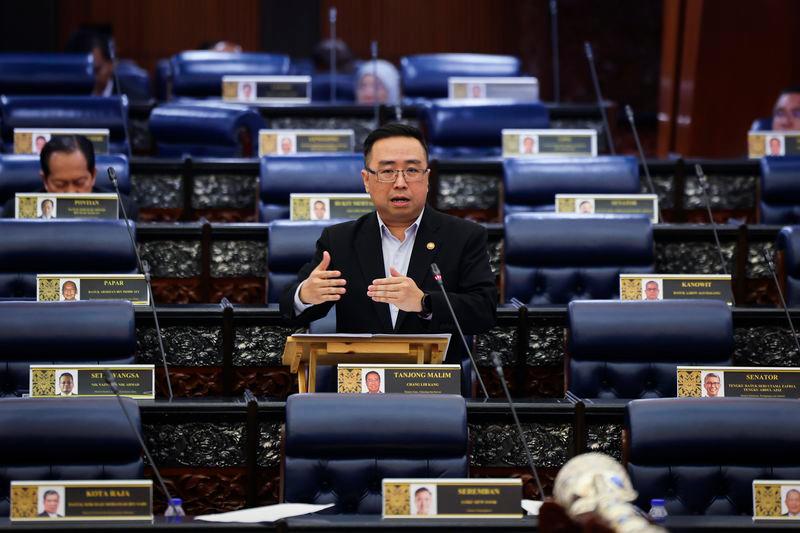KUALA LUMPUR: The government is considering using nuclear energy as a power source for the country in the future, said Science, Technology, and Innovation Minister Chang Lih Kang.
He said the initiative is part of the efforts towards achieving net zero carbon emissions by 2050.
“Technological advancements have made nuclear energy more suitable for Malaysia with innovations such as the Small Modular Reactor that enable smaller, safer, and more cost-effective nuclear plants.
“These new technological features can be used in areas where conventional energy sources are not suitable in terms of application and cost. Advances in nuclear technology offer advantages in terms of safety, particularly with improvements in waste management,” he said during the winding-up of the debate on the Supply Bill 2025 at the policy level for his ministry in Dewan Rakyat today.
Chang said modern reactors produce less radioactive waste by utilising more efficient fuel, adding that nuclear energy offers stability in terms of long-term operational costs, particularly in fuel price.
He said nuclear energy also offers high energy efficiency, requiring little fuel, such as uranium, yet capable of generating large amounts of power, much more efficiently than fossil fuels.
As the ministry responsible for developing Science, Technology, and Innovation (STI), he said MOSTI could play a role in providing expertise through training programmes.
According to Chang, the Malaysian Nuclear Agency has over 40 years of experience, knowledge and expertise in operating and maintaining the TRIGA PUSPATI nuclear research reactor, which can be applied to a nuclear energy programme if implemented in the future.
“Along with that, the government continuously conducts public awareness campaigns such as educational programmes, visits by experts, dialogues, and public forums to increase public awareness about nuclear safety.
“The Malaysian Nuclear Agency is collaborating with the Communications Ministry through the Information Department to implement nationwide communication, educational and public awareness (CEPA) initiatives on nuclear technology,” he added.









